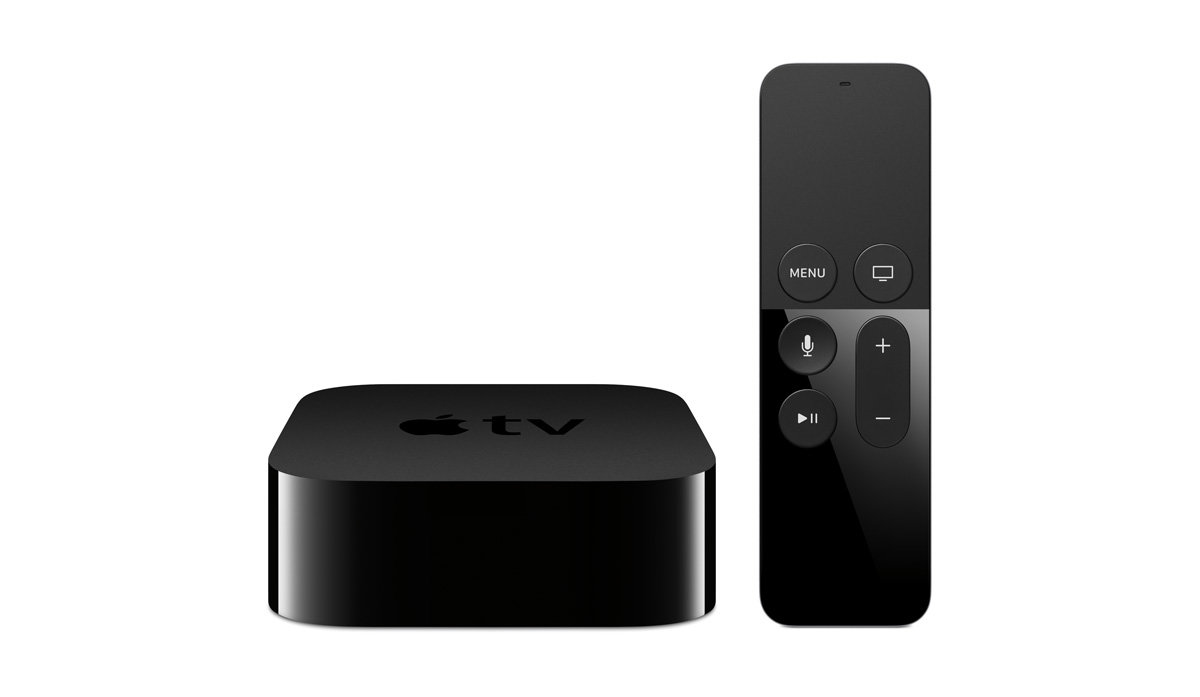The day has finally come, and the new Apple TV is finally out. I’m excited not just because I’ve wanted a great way to play some of the great mobile games on a bigger screen, but also because I think this is a potential turning point for mobile OS devices eventually overtaking dedicated gaming hardware.
But do I think that it will be gold rush for developers who get in on the platform early? No. We’re seeing many, many developers, and complaints about the Apple TV’s discoverability issues. Which, of course, would be nothing new for the App Store, I suppose, but it’s disappointing that Apple is continuing to just shrug at the problem and call having a featured list a good enough solution. It’s not.
The problem with the tvOS App Store being not a gold rush is the potential of so many developers trying to get in on the platform. A lot of developers aren’t even trying to make additional money, they’re just updating their apps to be super-universal now. So for many folks, they might have a sizable Apple TV lineup as it is and won’t need to buy many games. Plus, the drawback to having super-universal apps between iPhone, iPad, and Apple TV is that it still makes it difficult to make games that can be sold for, well, a fair price, or anything close to what games for consoles are worth.
I think that the Apple TV will be a huge deal in the long-term, as games that would fit on TV but not as part of the current consoles could do well. Plus, it will be additional money in the margins for a lot of developers, and maybe those margins help make developers enough money to keep making games. But I do worry that given Apple’s general Apple-ness with game discovery, and there being an impossibly high quantity and quality of competition when this new platform launches, that it might not be a great experience for the developers on them.
Plus, there’s the question of just how many people are going to buy the Apple TV? In a world where people can get great experiences from $40 streaming sticks – the Roku Streaming Stick is a bit underpowered, but it’s a great device for me – why does someone need a $149 TV? This device might be too late…or too early, at least in terms of gaming. But the platform needed to exist at some point.
What this situation could wind up being like is the Apple Watch. While the game-playing potential of the Apple TV and Apple Watch are light years apart, I recall there being a lot of hype on the developer end for Apple Watch content. And then, pretty much once it launched, the hype machine died off as either no one wanted Apple Watch games, or so many developers wanted in on the potential gold rush, to the point that no one could have even a modest enough success to justify it. I mean, have you heard about Apple Watch games? I feel like I could count on my hands how many developers were promoting games around the watchOS 2 launch. Maybe it’ll be viable for developers someday, as more people have smartwatches and the best ways to interact with them are discovered.
 But it’s also quite possible that there are too many prospectors for each potential gold rush for anyone to possibly strike it rich.
But it’s also quite possible that there are too many prospectors for each potential gold rush for anyone to possibly strike it rich.
This makes me concerned for VR’s future in particular. At least the Apple Watch and Apple TV had considerable consumer purposes, people were going to buy the device, it was and is a question of how many and how many people are going to buy the apps? With VR, I see many developers starting to make games and other interactives for the format, but without any clear plan of “how is this going to make money?" Perhaps it’s a bunch of hobbyists who look bigger than what they are, developers using limited amounts of their resources to make sure they have their foot in the door with VR, or there’s enough funny money out there that developers can make stuff for VR from publishers and investors wanting to make sure there’s a gold rush.
But what if there isn’t? The Apple Watch wasn’t. The Apple TV remains to be seen. And those are consumer devices. I’m not convinced that VR doesn’t just wind up being the next big moneymaker at Dave and Buster’s. The most effective VR setups – especially the HTC Vive – require a lot of effort, and quite possibly powerful hardware that people won’t have for a long time. And it does look goofy, which is a silly reason to not buy VR, but it was a significant reason why people hated Google Glass. Mobile could be the future of VR, but it might take more capable hardware and Apple getting on board.
But despite those shaky conditions, what you see are developers making stuff for VR platforms without even knowing if it’s going to be a big stabilizing factor.
This connects back to the Indiepocalypse which I’ve written about before. It’s quite possible that with game development opened up so much, what’s happened is that any potential gold rush for developers will see so many prospectors that there will be fewer who strike it rich, and you never get that healthy niche market that fuels a lot of people like in the early days of the App Store, or in and around the days when it was a lot harder to get on Steam. It’s not so much that there are fewer breakout hits, even, but it does worry me that with all this growth, there are fewer opportunities for games that make enough profit for a small studio to continue functioning as a business from just making games. A lot of studios that do stick around often do a lot of contracting work on the side, making games doesn’t pay the bills.
And it’s sad, because it’s the unfortunate byproduct of democratized game development: it’s great that so many more people can make games and distribute them to the world. I don’t know if I’d ever change that. But that isn’t necessarily the healthiest market for those looking to make a living hustling in the game industry. Because it’s possible to be smart and be on a new platform on day zero, not just day one, and there’s a thousand other developers doing the same thing.
And for gaming enthusiasts, when it’s so difficult for talented indies to make great games that also justify their sustained development, it’s got to be disheartening. One can only hope that the Apple TV does wind up helping developers thrive in game development.

